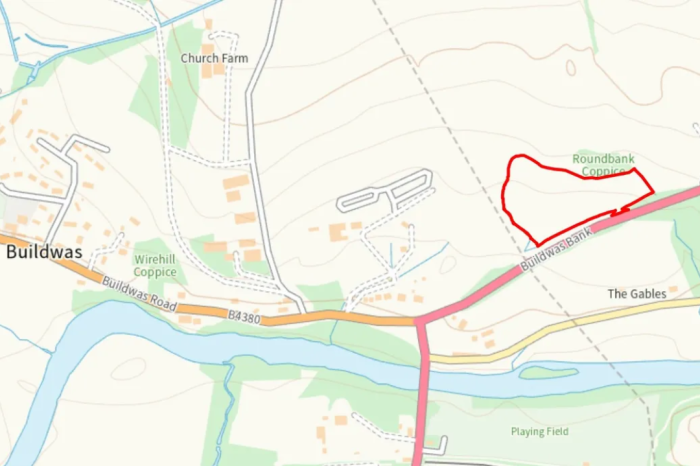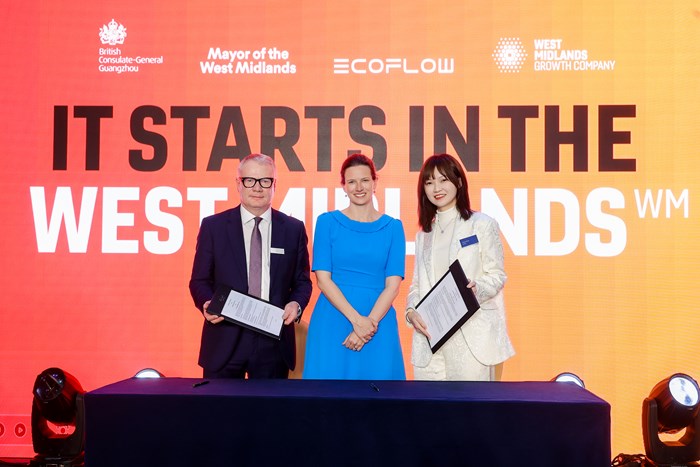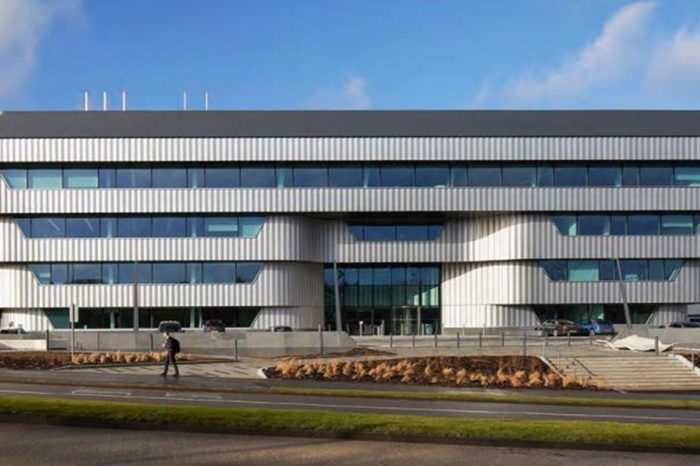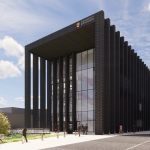Smart living laboratory unveiled as “net-zero” focal point of Uni of Birmingham’s main campus
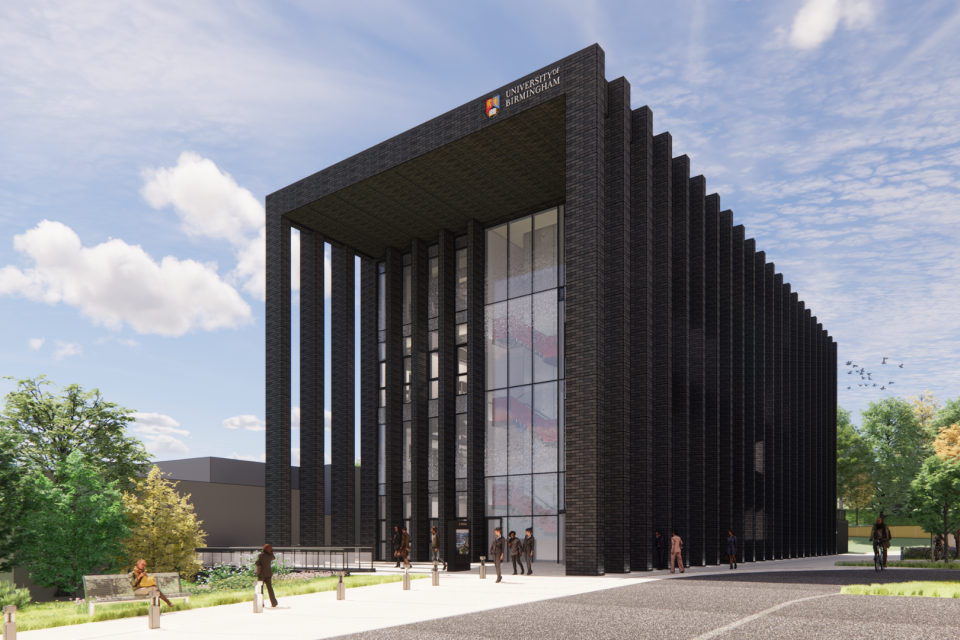
The University of Birmingham has announced plans to build a net zero carbon smart building and significantly expand its energy research and education. The new building, which will be the focal point of the University’s Edgbaston campus, will contain state-of-the-art “smart living” research laboratories.
The new Birmingham Energy Institute, as it will become, will help transform the Edgbaston campus into a national testbed for innovation in low-carbon energy systems. Designed by Glancy Nicholls, the proposed Birmingham Energy Institute building is destined to be an extraordinary addition. It is anticipated to house state-of-the-art research laboratories and serve as the linchpin for the University’s ambitious vision of transforming its primary campus into a national hub for pioneering advancements in low-carbon energy systems.
The structure will also function as a hub for interdisciplinary energy research and education, fostering collaboration among various departments within the university and its partners.
Professor Martin Freer is the Director of the Birmingham Energy Institute at the University of Birmingham, who led the development of the Birmingham Energy Innovation Hub and the co-development of Tyseley Energy Park (TEP). He said the plans for a new hub and the financial backing underpinning them represented a “truly ambitious step” towards a net zero-carbon society. We are working with local, regional, national and international partners to unlock the deployment of solutions that will accelerate the energy transition.”
Glancy Nicholls also designed the 1,800 sq m Birmingham Energy Innovation Centre Industry for the university at Tyseley Energy Park in east Birmingham, which provides office accommodation, analytical laboratory space and workshops for academics and businesses to collaborate on new energy solutions.

